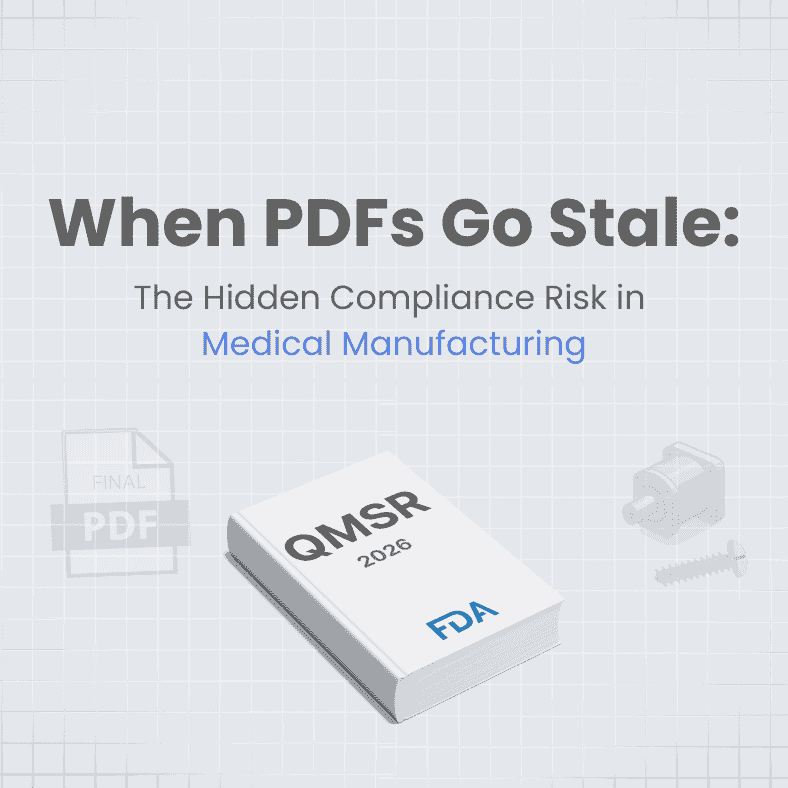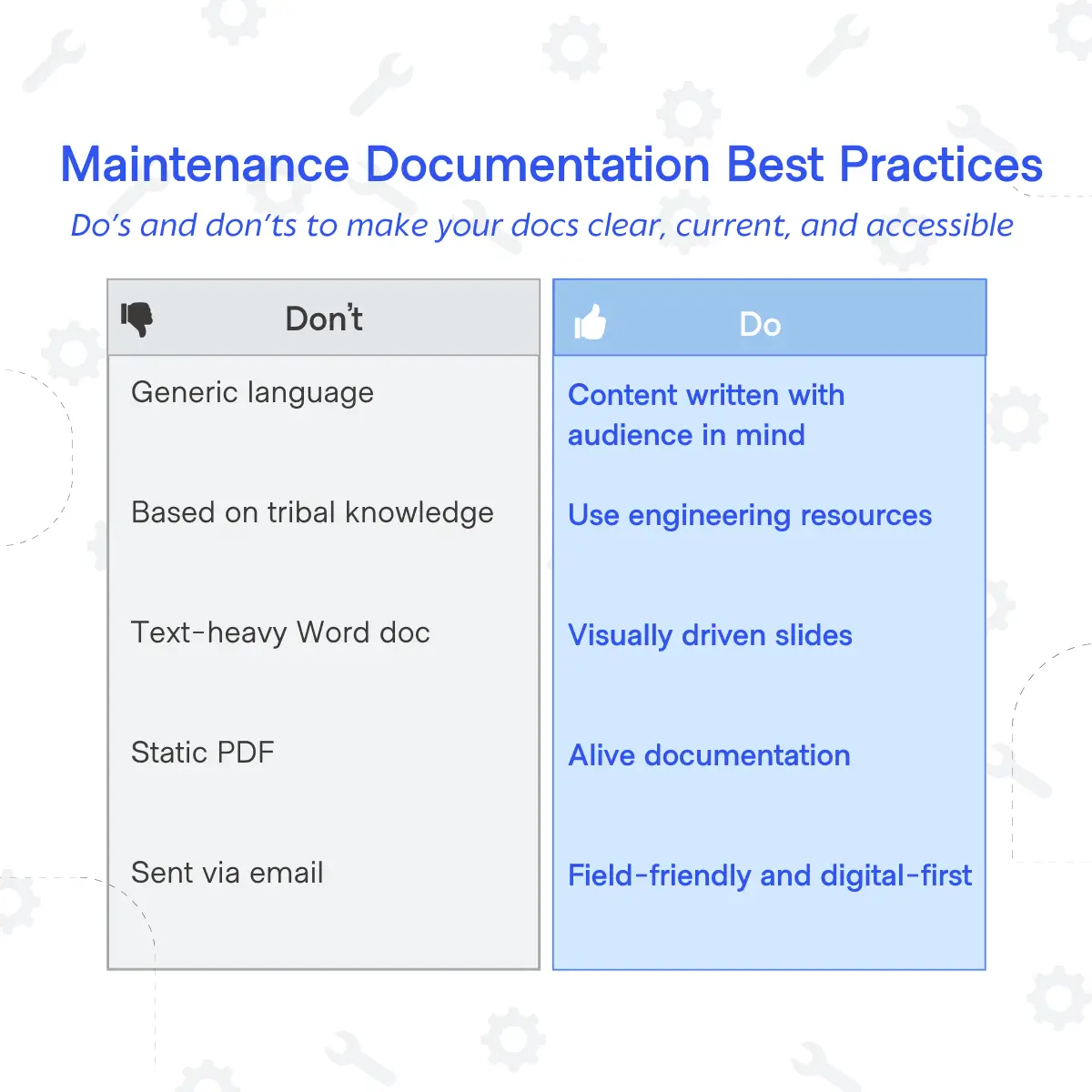In recent years, the role of hardware product managers (HPMs) has gained significant prominence. This evolution reflects the increasing complexity of hardware products and the growing need for professionals who can seamlessly integrate customer needs, technological advancements, and business objectives. This blog post explores the factors contributing to this trend and outlines the expanding responsibilities of HPMs.
1. Bridging Customer-Centric Solutions with Technological Innovation
Modern consumers demand products that not only fulfill their immediate needs but also offer a seamless and intuitive experience. HPMs play a crucial role in understanding these customer pain points and translating them into innovative product features. Unlike the past, where engineering and design teams primarily generated new ideas, today's HPMs proactively identify and address customer needs, ensuring that products resonate with the target audience.
2. Managing the Complexities of Integrated Hardware and Software Systems
The integration of software into hardware products has added layers of complexity to product development. HPMs must possess a deep understanding of both domains to facilitate effective communication between hardware and software teams. Even more, within each domain are many, many subdomains. The HPM needs to connect with and understand it all!
3. Adopting Agile Practices and Navigating Rapid Technological Advancements in Hardware Development
Traditionally associated with software development, agile methodologies are now being embraced in hardware product management. The rapid pace of technological change necessitates an iterative approach, allowing teams to pivot quickly in response to market shifts and evolving customer preferences. HPMs champion this agility, fostering a culture of continuous improvement and adaptability.
Additionally, the swift evolution of technology presents both opportunities and challenges for hardware products. HPMs must stay abreast of emerging trends to anticipate future customer needs and technological shifts. This foresight enables the development of products that are not only relevant today but also adaptable to future advancements, ensuring long-term competitiveness in the market.
Conclusion
The rise of hardware product managers reflects the evolving landscape of product development, where the convergence of physical and digital realms demands a nuanced and integrated approach. As the custodians of customer needs, technological innovation, and business strategy, HPMs are instrumental in delivering products that resonate with users and stand the test of time. Their role is pivotal in navigating the complexities of modern product development.
Are you a HPM juggling to keep up with customer needs, internal collaboration, and digital transformation? Reach out, we’d love to show you how we can make your job easier!

.jpg)

.jpg)

